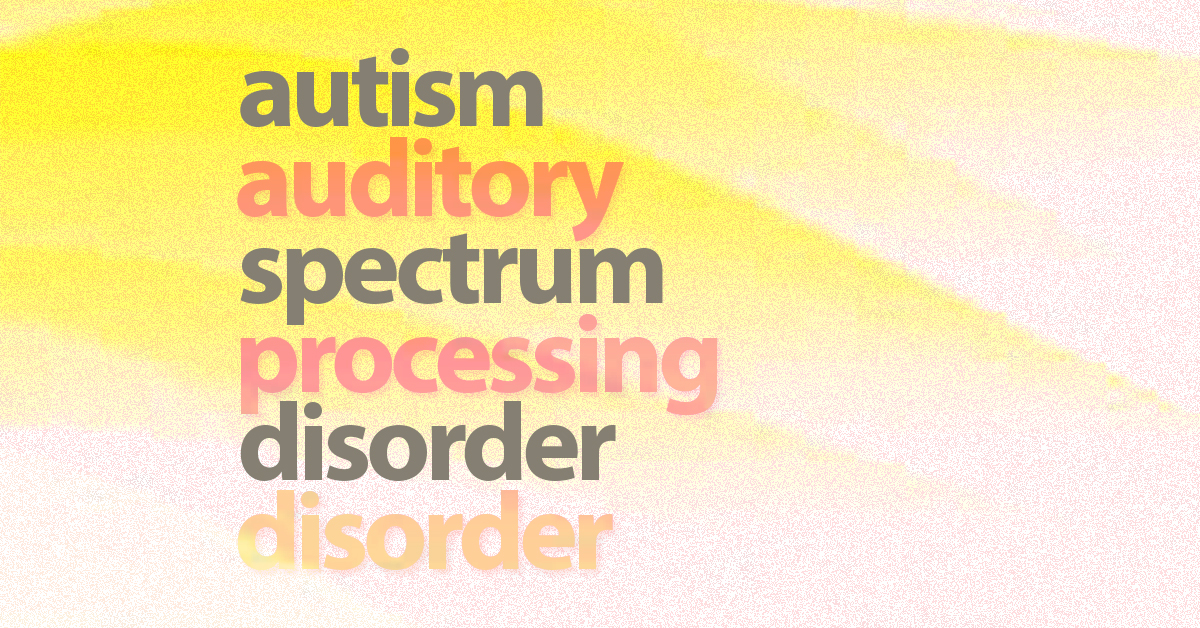By Jayne M. Wesler, Esq.
Why are these two conditions highlighted together?
Students with Autism Spectrum Disorder often have Auditory Processing Disorder as well. In fact, up to 80% of children with Autism also process sound in irregular ways.
Autism Spectrum Disorder, or ASD, is a neurodevelopmental disorder which is characterized by impairments in social communication, cognition, and in restricted and repetitive behaviors.
Auditory Processing Disorder, also known as Central Auditory Processing Disorder or CAPD, is a neurologic condition characterized by difficulties in processing sound. People with CAPD do not have impaired hearing. Instead, the source of their difficulties lies in the brain.
• According to the Centers for Disease Control and Prevention, one in 68 children were diagnosed with ASD in 2010. This figure represents double the amount who were diagnosed only ten years earlier in the year 2000.
• About 5% of grade-school students have a type of CAPD. The National Institutes of Health estimates that 43% of children with learning difficulties have CAPD.
Students with ASD often have significant impairments with auditory processing. Sometimes the student might hear a sound clearly but may not be able to understand the meaning of the sounds. This can be detrimental in a school or work environment when others perceive the student as non-compliant when s/he simply does not understand the communication.
• Research has demonstrated that the hippocampus, part of the limbic system in the brain, does not naturally reach maturity in students with autism.
• The hippocampus is the area of the brain responsible for sensory input, learning, and memory.
• People with an underdeveloped hippocampus will have difficulty transferring, or be unable to transfer, information from the sensory organs, process it, and then send it to the cerebral cortex where it would normally be stored for future use.
• However, with auditory integration training and other modifications, learning methods, and therapies, students may be able to dramatically improve their performance.
While students who don’t have CAPD are often auditory learners and do well in Applied Behavior Analysis (ABA) programs, children with CAPD who are visual learners do not. One way to counteract this difficulty is to add a visual component to ABA programs to help the visual learner with ASD or CAPD communicate and learn effectively.
Other areas of overlap between ASD and CAPD are anxiety, inability to read social cues, and inattentiveness. About 40% of students with ASD are diagnosed with some type of anxiety disorder. Many children with CAPD have anxiety stemming from their difficulty making and maintaining social connections, difficulty with homework, frustration with spelling and math, and classroom humiliation.
These challenges can have profound impacts on a child’s educational experience. These impacts can be addressed through the accommodations and modifications in a Section 504 Plan or an IEP.
If you would like assistance with your child’s educational plan, please call us at 609-409-3500. The attorneys at Sussan, Greenwald & Wesler have decades of experience in creating and implementing successful educational programs for students with ASD, ADHD, and other learning issues.


